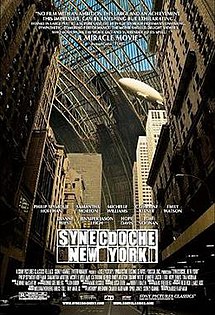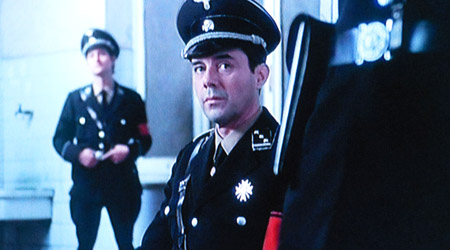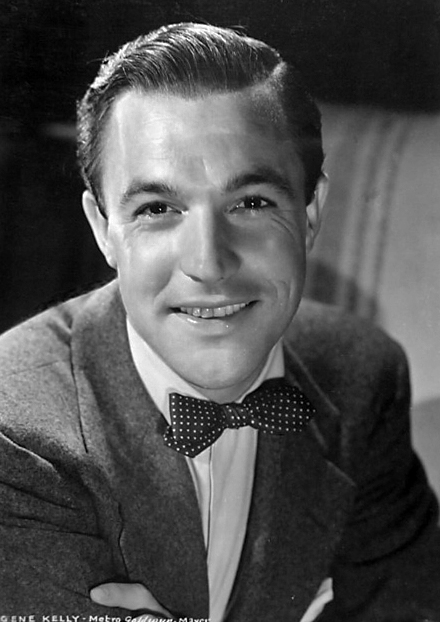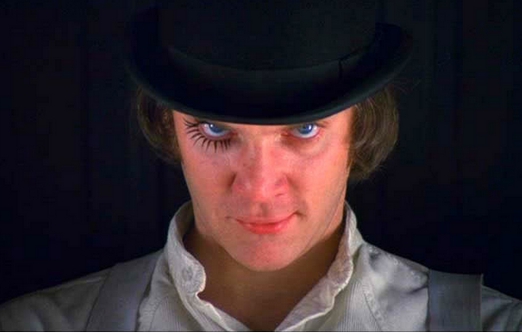- Also Known As:
- Unknown
- Year:
- 2005
- Countries:
- UK
- Predominant Genre:
- Action
- Director:
- Christopher NOLAN
- Best Performance:
- Michael CAINE
- Premiss:
- After training with his mentor, Batman begins his war on crime and corruption.
- Themes:
- Alienation
- Compassion
- Guilt
- Loneliness
- Personal change
- Self-expression
- White culture
- Similar (in Plot, Theme or Style) to:
- Unknown
- Review Format:
- DVD
A chiroptophobic Batman, yet! However, unlike the ophiophobia of an Indiana Jones, this hero’s fears reveals character while deepening our understanding of it – it is not just a dramatic gimmick. The theme here is that a man who has embraced his own fears can then use the fears of criminals to destroy them.
In a sense, The Batman here does not wear a mask – his superhero costume is his true self; his real character turned inside out. His ensemble exists not so much to hide his identity but more to frighten criminals into paralysed surrender: Their fear is not of being caught & punished for their crimes, but by them. This fact causes the woman who loves him to keep her emotional distance because Bruce Wayne’s alter ego (The Batman) is somehow more real to him than he is to himself. The Batman is thus an expressive role played by an inexpressive adult in his response to the childhood trauma and guilt surrounding his parents’ murder. Our hero must integrate these two halves of himself before becoming whole again and, thereby, worthy of love.
The Batman is a crime fighter - not just a vigilante - since so called law & order has not contained the crime it was designed to combat. The movie points out that being just requires an awareness of the difference between revenge and justice: The curative and the preventive. Moreover, that one must understand the criminal mindset not just for the purposes of empathy, but to defeat and limit its spread.
This movie is, then, an articulate exploration of the difference between vigilantism and true justice. The central character’s unwillingness to grieve over his parents creates the need for revenge that he spends much of the time battling – a weakness he must come to terms with before he can become a mature adult. His true fear is of fear itself since, as one of the villains says: ‘You always fear what you don’t understand.’
A big action movie with big ethical and political ideas. Although it does not deal with evil’s full complexity and the weakness shown when we allow it to fester, it is not just another popcorn movie, either. It is also subtly funny, in a curiously English, ironic and understated way, especially Michael CAINE’s amusing performance as the faithful Wayne household butler (& valet, assistant, confidant & surrogate father), Alfred Pennyworth.
Copyright © 2014 Frank TALKER. Permission granted to reproduce and distribute this posting in any format; provided mention of the author’s Weblog (http://franktalker5.blogspot.com) is included: E-mail notification requested. All other rights reserved.


















